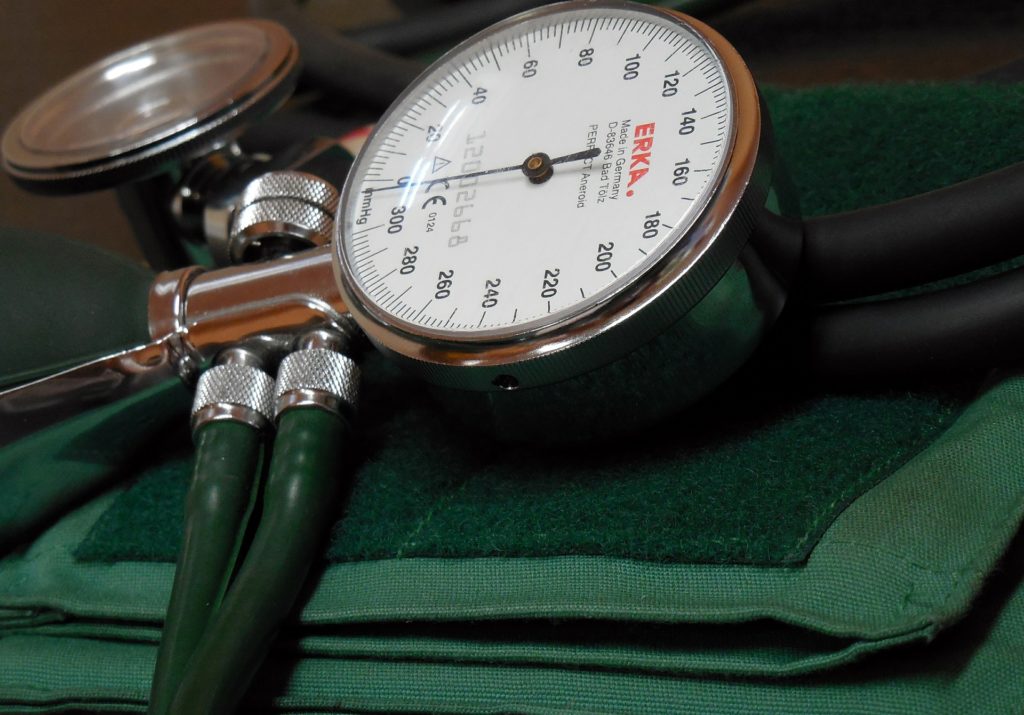When it comes to attracting new talent, the home health industry is between a rock and a hard place.
Among 2017’s most-in demand jobs, “home health aide” has the highest growth outlook, according to a recent report from job search portal CareerCast. To complicate matters, however, the job also has the lowest average pay.
Before arriving at these conclusions, CareerCast determined the 10 most in-demand career fields for 2017 using recent data from the U.S. Bureau of Labor Statistics and other industry sources, Fortune reported.
The projected growth for the home health aide profession between 2014 and 2024 is 38%, CareerCast’s report shows. That’s higher than the growth outlooks for the nine other most in-demand jobs, including well-paying physical therapist positions (34%), financial advisor positions (30%) and information security analyst positions (18%).
Unlike companies hiring physical therapists, financial advisors and information security analysts, however, organizations looking to hire home health aides have a specific financial obstacle to overcome.
The annual median salary for home health aides is $21,920, according to CareerCast. The annual median salaries for physical therapists, financial advisors and information security analysts are $84,020, $89,160 and $90,120, respectively.
It may prove difficult to fill a rising number of open positions in a field that pays such low wages. Home health aides and other home care workers are already leaving the industry in droves, attracted to jobs that pay similarly—if not better—but take less of a physical and emotional toll.
To combat this current and impending workforce shortage, some home health providers, like New Jersey-based Bayada Home Health Care, are placing increasing emphasis on developing and training their care professionals. Bayada founder and CEO Mark Baiada recently predicted that low home health care reimbursement rates will increase the shortage of qualified home health aides, therapists and nurses in 2017.
His son, current Bayada COO and future CEO David Baiada, echoed this belief.
“Big picture… the demand for people and providers of health care services is outstripping supply by anyone’s predictions,” David Baiada told Home Health Care News in January. “The need for people is a top priority.”
Written by Mary Kate Nelson




